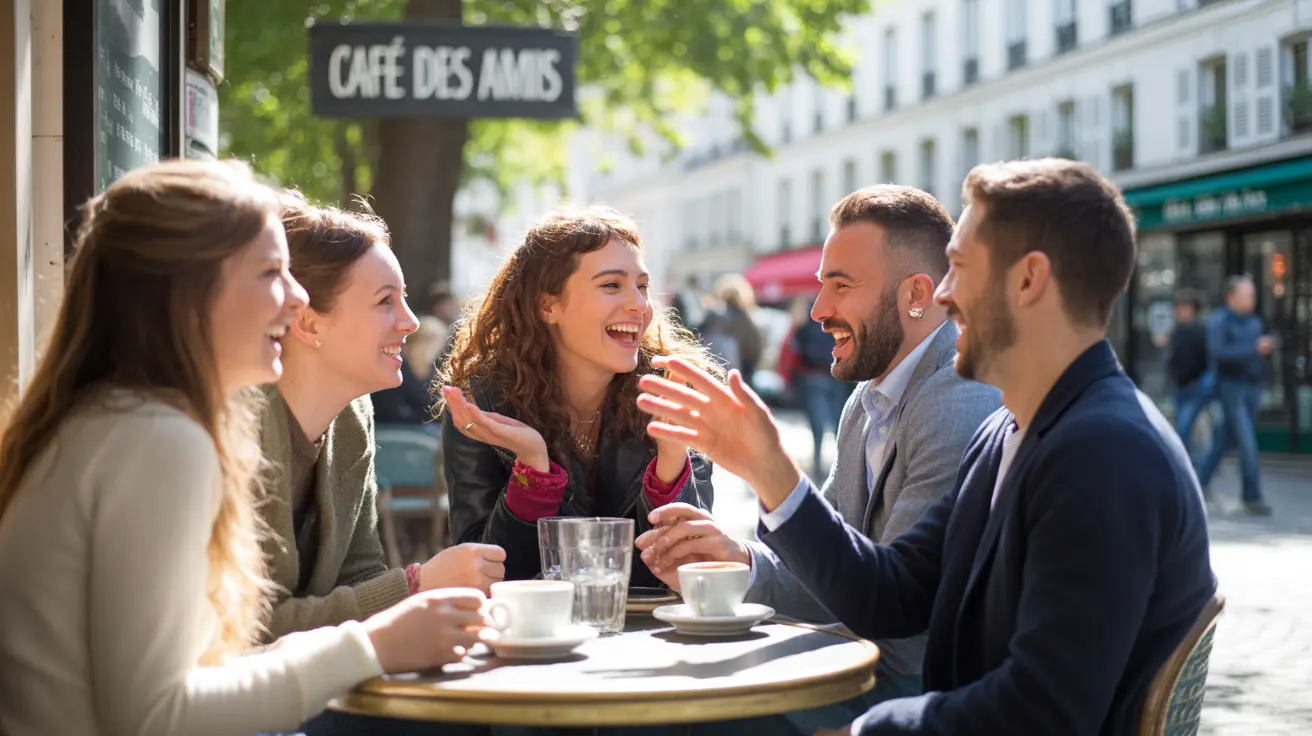In today's hyperconnected world, social media platforms have fundamentally changed how we interact with friends and maintain relationships. While these platforms promise to bring people closer together, mounting evidence suggests that excessive social media use can significantly harm our friendships and overall social well-being.
Understanding the negative impact of social media on friendships has become crucial as these platforms increasingly dominate our daily interactions. From creating unrealistic expectations to fostering comparison and jealousy, social media's influence on our relationships deserves careful examination and thoughtful management.
The Psychology of Social Media and Friendship Dynamics
Social media platforms can create complex psychological effects that alter how we perceive and engage with our friendships. The constant stream of carefully curated content can distort our view of others' lives and create unrealistic standards for friendship.
Digital Comparison and Self-Worth
When scrolling through social media feeds, users often encounter highlight reels of their friends' lives, leading to harmful comparison cycles. This constant exposure to filtered versions of reality can diminish the appreciation for authentic friendship moments and create feelings of inadequacy.
The Illusion of Connection
While social media provides numerous ways to stay in touch, these digital interactions often lack the depth and authenticity of face-to-face connections. Quick likes and comments can create a false sense of maintaining meaningful relationships while actually contributing to emotional distance.
How Social Media Erodes Traditional Friendship Bonds
Time Displacement Effect
The hours spent scrolling through social media often come at the expense of quality time with friends in real life. This displacement can gradually weaken friendship bonds that require personal interaction and shared experiences to remain strong.
Communication Quality Decline
Digital communication platforms can lead to shortened, superficial exchanges that lack the nuance and emotional depth of in-person conversations. This can result in misunderstandings and reduced emotional intimacy between friends.
Mental Health Implications
The intersection of social media use and friendship quality can significantly impact mental health. Users may experience increased anxiety, depression, and feelings of isolation, despite being technically more "connected" than ever.
Protecting and Strengthening Real Friendships
Setting Healthy Boundaries
Establishing clear boundaries around social media use can help protect genuine friendships. This includes designated phone-free social time and focusing on creating meaningful memories rather than documenting them.
Prioritizing Authentic Connection
Making conscious efforts to engage in real-world activities and deep conversations with friends can help counteract social media's potentially negative effects on relationships.
Frequently Asked Questions
How does social media use lead to jealousy and conflict in friendships?
Social media can trigger jealousy and conflict through constant comparison of social activities, achievements, and relationships. When friends see others being excluded from gatherings or perceive different levels of social engagement, it can create tension and resentment.
Why can social media make friendships feel more superficial and less meaningful?
The platform's emphasis on quick, surface-level interactions and carefully curated content can replace deeper, more authentic exchanges. This can lead to relationships that feel shallow and based more on digital performance than genuine connection.
What mental health problems are linked to excessive social media use affecting friendships?
Excessive social media use can contribute to anxiety, depression, loneliness, and FOMO (fear of missing out). These mental health challenges can strain friendships and make it harder to maintain meaningful connections.
How can spending too much time on social media harm real-life friendships?
Overuse of social media can reduce time spent in face-to-face interactions, diminish active listening skills, and create emotional distance. It can also lead to decreased empathy and reduced ability to read social cues in real-life situations.
What are effective ways to protect and improve friendships while using social media?
Set specific times for social media use, prioritize in-person meetings, practice active listening during conversations, and focus on creating real memories rather than digital content. Additionally, maintain open communication about social media's role in your friendships and establish mutual boundaries.




